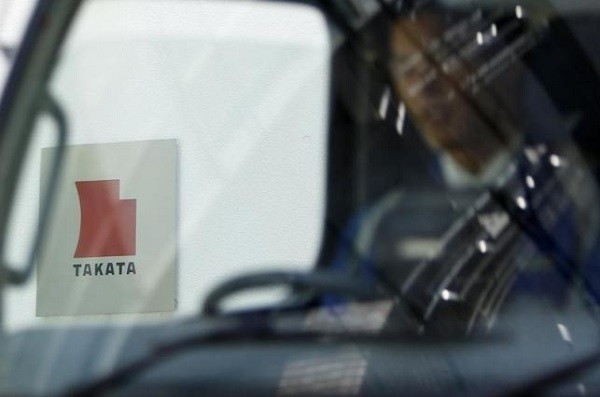The second largest car manufacturer in Japan, Nissan Motor Co. disclosed today, it was expanding a recall of more than 40,000 Sentra cars in the United States in a bid to investigate and replace defective Takata Corp air bags.
The investigative recall comes in the wake of injuries sustained by a Louisiana woman, who was physically wounded and suffered hearing problems when an air bag on the passenger side of her Nissan Sentra forced a piece of shrapnel in her direction.
The air bag exploded sending a piece of metal shrapnel at Sabra Wilson who was involved in a small accident in New Orleans.
A spokesman for Nissan Motor Co speaking to Reuters about the recall said the latest initiative would include Nissan Sentras which were manufactured between 2004 -2006.
The spokesman pointed out to the news agency that this category had not been included in the automaker's previous recall.
However, lawyers appearing for Sabra Wilson told the Associated Press (AP) in a report which appeared on ABC News, that her 2006 Sentra, with its defective air bag was not part of any recall.
It is reported that more than 12 auto manufacturers, since 2008 have had to recall more than 20 million vehicles, with Takata produced air bags, capable of exploding with metal shards being spewed at drivers.
According to numerous news agency reports Takata produced air bags, have been plagued for years with manufacturing troubles.
A REUTERS report which appeared in OANN in 2013 claimed, production issues surrounding Takata Corp air bags, were beyond what the company had revealed to US safety regulators.
The report claimed that in 2013 investigators of the US National Highway Traffic Safety Administration (NHTSA), looked into Takata air bag inflators manufactured between 2000 - 2007 and if they were properly sealed.
Improper sealing the news agency claimed could cause air bags to forcefully blow apart during accidents.
Emails of engineers reviewed by REUTERS in 2013 indicated that the Tokyo based company struggled with its own company safety standards of producing air bags.



























